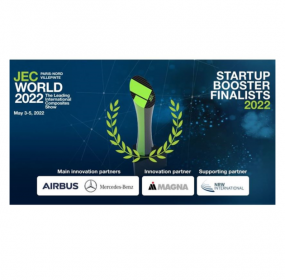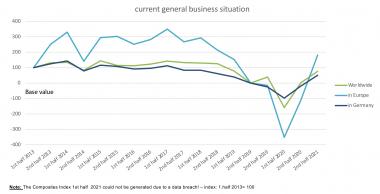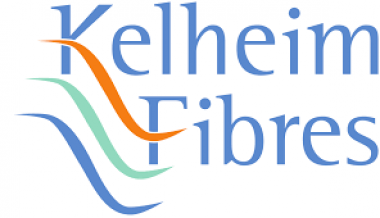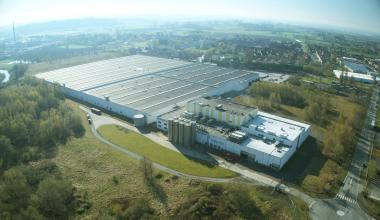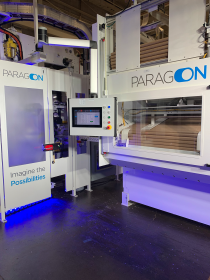JEC COMPOSITES STARTUP BOOSTER 2022
- A springboard for entrepreneurs in the composites industry
In a few years, JEC Composites Startup Booster has became a reference for entrepreneurship in the composites industry worldwide. Each year before JEC World, among the startups that submitted their application, 20 of them are selected. 20 finalists from all over the world who will join the leading composites trade show to pitch their project on stage before a panel of expert judges.
This competition is a unique opportunity to network and shine a light on what will be the future of the composites industry so save the date: the two pitches sessions will happen on May 3rd, and the winners will be named on May, 4th at 2.45 pm at JEC World 2022 in Paris as well as online on JEC World Connect platform. This year’s competition is sponsored by Airbus & Mercedes-Benz (Main Innovation Partners) as well as Magna Exteriors (Innovation Partner).
Launched in 2017, Startup Booster has been organized in three different regions (Europe, USA and Asia) and has already fostered the emergence of 500+ innovative projects from 50+ countries, 80 finalists and 30 winners, including Arevo, Continuous Composites, ComPair, Fortify and Vartega…
This challenge not only represents an opportunity to the winners of the trophy but to all the parts involved: participants, jury, official partners and the worldwide audience of JEC World. It brings the entire composites value chain together, creating future business opportunities.
The 20 finalists are divided into two categories:
• Process, Manufacturing & Equipment
• Materials & Products
The jury includes representatives from major manufacturers and investors:
Jelle BLOEMHOF, Head of Manufacturing Technologies of Composite, Airbus
Karl-Heinz FULLER, Head of Future Outside & Materials Mercedes-Benz AG
Florent ILLAT, Head of Safran Corporate Ventures, Safran
Brian KRULL, Global Director of Innovation, Magna Exteriors
Tim VORAGE, Founder and Manager Growth Garage Accelerator , Mitsubishi Chemicals Advanced Materials
Two pitch sessions of 10 presentations each will be held in the Agora stage (Hall 5), on Tuesday, May 3, from 10am to 11.25am (Category: Products & Materials) and from 4.30pm to 5.55pm (Category: Process, Manufacturing & Equipment). Three winners will be chosen by the jury and one winner for the sustainable aspects of the project. The awards ceremony will be held on Wednesday, May, 4th at 2.45 pm.
Category “Products & Materials”
o Blackleaf (France)
o Dongnam Realize (South Korea)
o FibreCoat (Germany)
o FVMat (Israel)
o Ora Graphene Audio (Canada)
o Pangolin Defense (France)
o Phononic Vibes (Italy)
o Revolve (Germany)
o Smart Resilin (Israel)
o Space Walker (Japan)
Category “Process, Manufacturing & Equipment”
o Antefil Composite Tech (Switzerland)
o ANYBRID (Germany)
o Atomic-6 (USA)
o Carbon-Drive (Germany)
o Continuum (Denmark)
o Fibraworks (Germany)
o Herone (Germany)
o RVmagnetics (Slovakia)
o Touch Sensity (France)
o XARION Laser Acoustics (Austria)


